UN Women, Partners, delivered a Capacity building on Prevention and Response of Gender Based Violence against Migrant Women
Date:
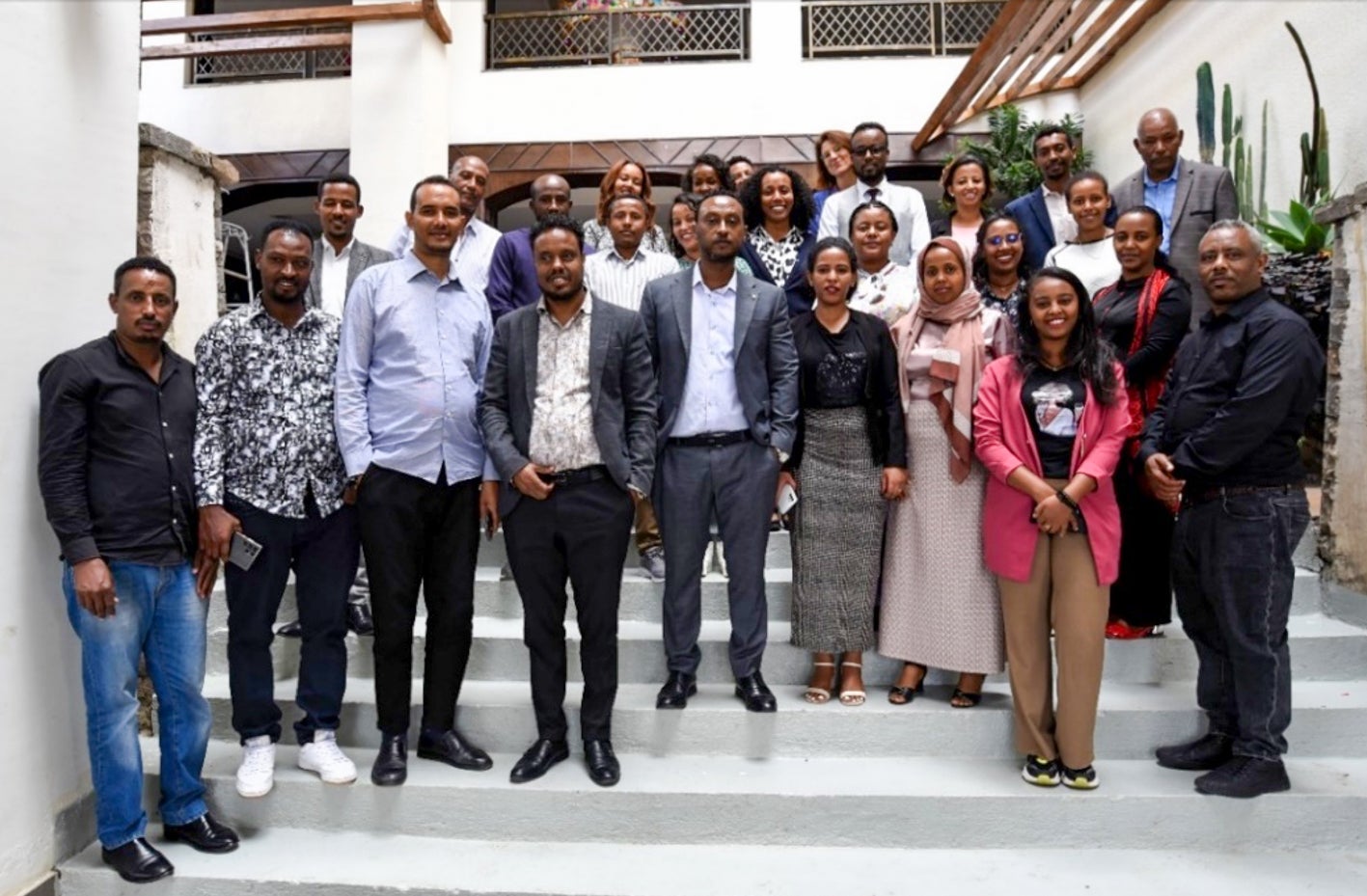
In response to the challenges faced by migrant women returnees in Ethiopia, UN Women has been diligently providing support to safe and dignified reintegration services. Recently, a capacity-building training was organized by UN Women Ethiopia in collaboration with the Ministry of Women and Social Affairs. Held from 29th to 31st May 2024 in Bishoftu town, the training aimed to enhance the capacity of service providers, and government stakeholders in gender-responsive reintegration assistance and services for migrant women returnees. The training brought together policymakers, government stakeholders, civil society organizations, members of the Victims Protection and Reintegration Working Group, and the media.
Ms.Hiwot Dagim, one of the participants of the training, is a Director of Misale , an organization founded by migrant -returnee women including herself who were once vulnerable and faced lots of challenges. Misale focuses on using Art and Music to raise awareness on migration and provides psychosocial support for migrant returnees in shelters run by government and CSOs among which is Agar Ethiopia, UN Women Ethiopia’s partner.
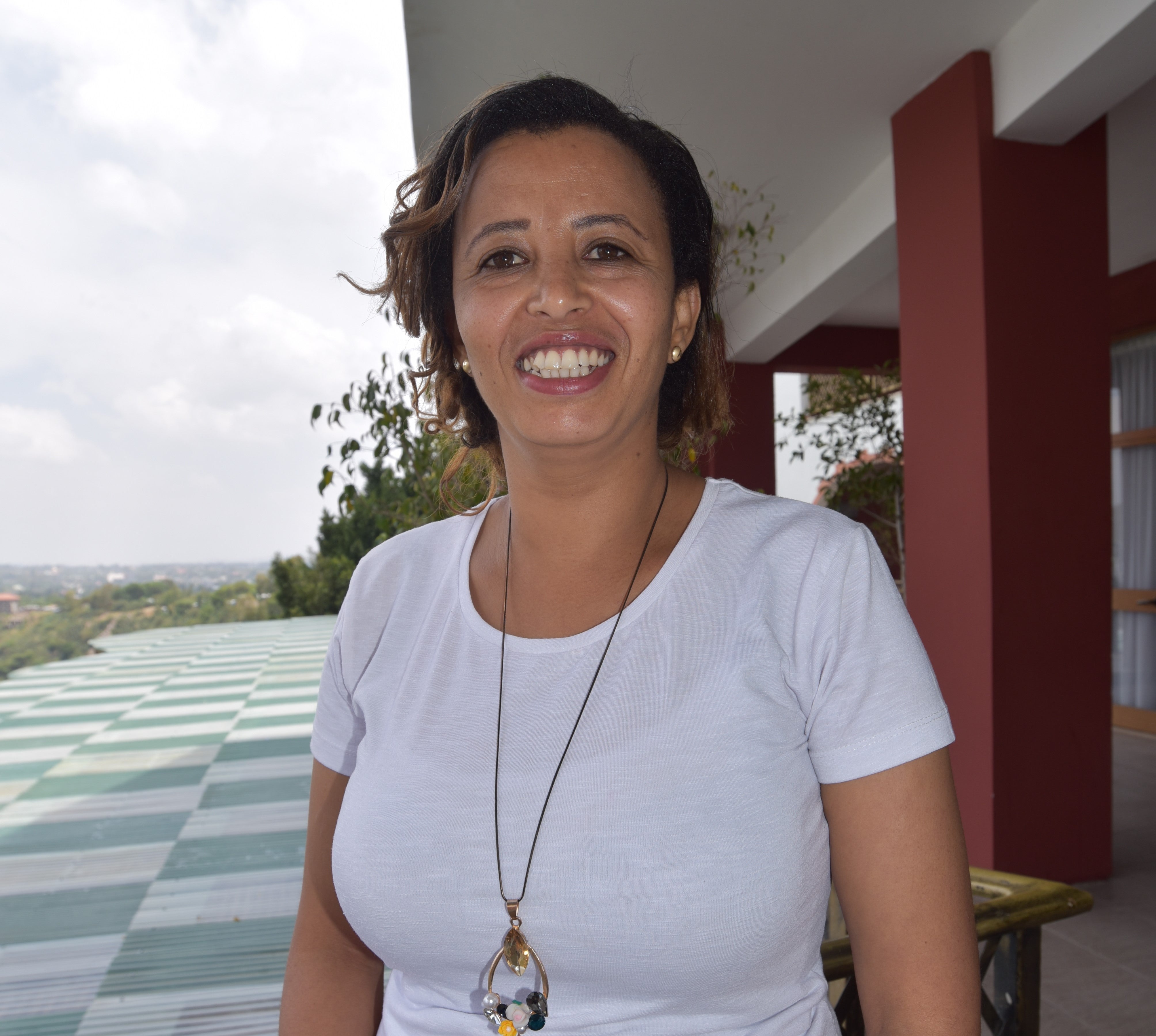
Mr. Tadesse Feyissa is Head of Human Trafficking and Irregular Migration crime prevention coordination office at Addis Ababa Justice Bureau. The section that is also responsible for the leadership of coalitionwhose members are participants of the training. Mr. Tadesse mentioned that the coalition plays a coordination role among all actors working on migration in the city.
He also said “This is the first training organized by the coalition and UN Women. We hope to continue partnering on other tasks such as development of a data center on migration. We also hope that UN women will support the coalition in implementing the action plan that will be developed as the result of this training. ”
UN Women Ethiopia is implementing “Making Migration Safe for Women” project that aims to ensure migration is safe for women migrating from, into, through and back to Ethiopia, and that international norms and standards for protecting and promoting migrant women’s rights are strengthened. One of the key interventions of the project is strengthening the knowledge and skills of government and civil society staff to mainstream gender equality considerations in the implementation of migration policies, laws and provide gender-responsive services to migrant women and survivors of sexual and gender-based violence.
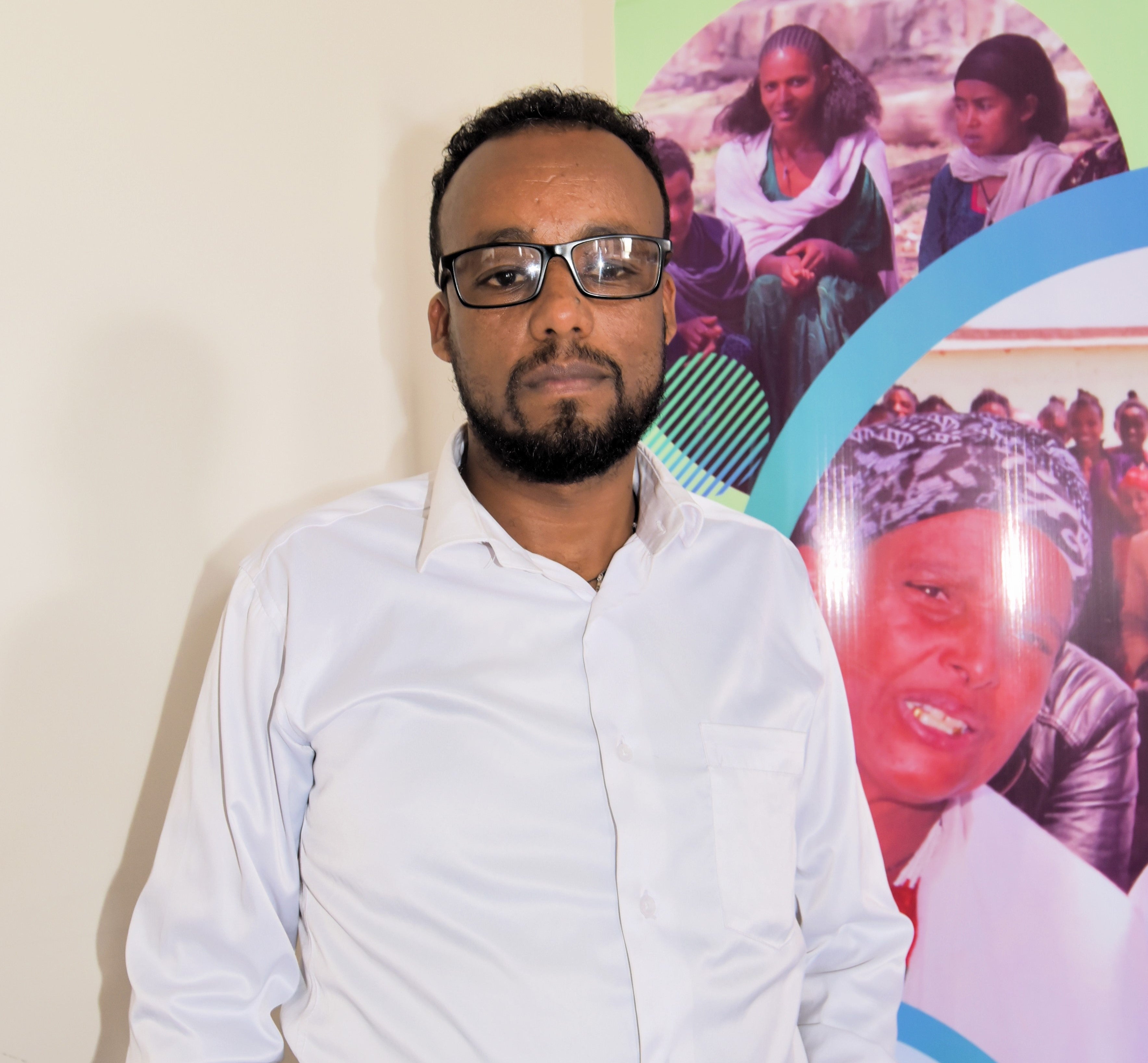
UN Women, Partners, delivered a Capacity building on Gender-Responsive Reintegration Service to Migrant Women Returnees
In response to the challenges faced by migrant women returnees in Ethiopia, UN Women has been diligently providing support to safe and dignified reintegration services. Recently, a capacity-building training was organized by UN Women Ethiopia in collaboration with the Ministry of Women and Social Affairs. Held from 29th to 31st May 2024 in Bishoftu town, the training aimed to enhance the capacity of service providers, and government stakeholders in gender-responsive reintegration assistance and services for migrant women returnees. The training brought together policymakers, government stakeholders, civil society organizations, members of the Victims Protection and Reintegration Working Group, and the media.
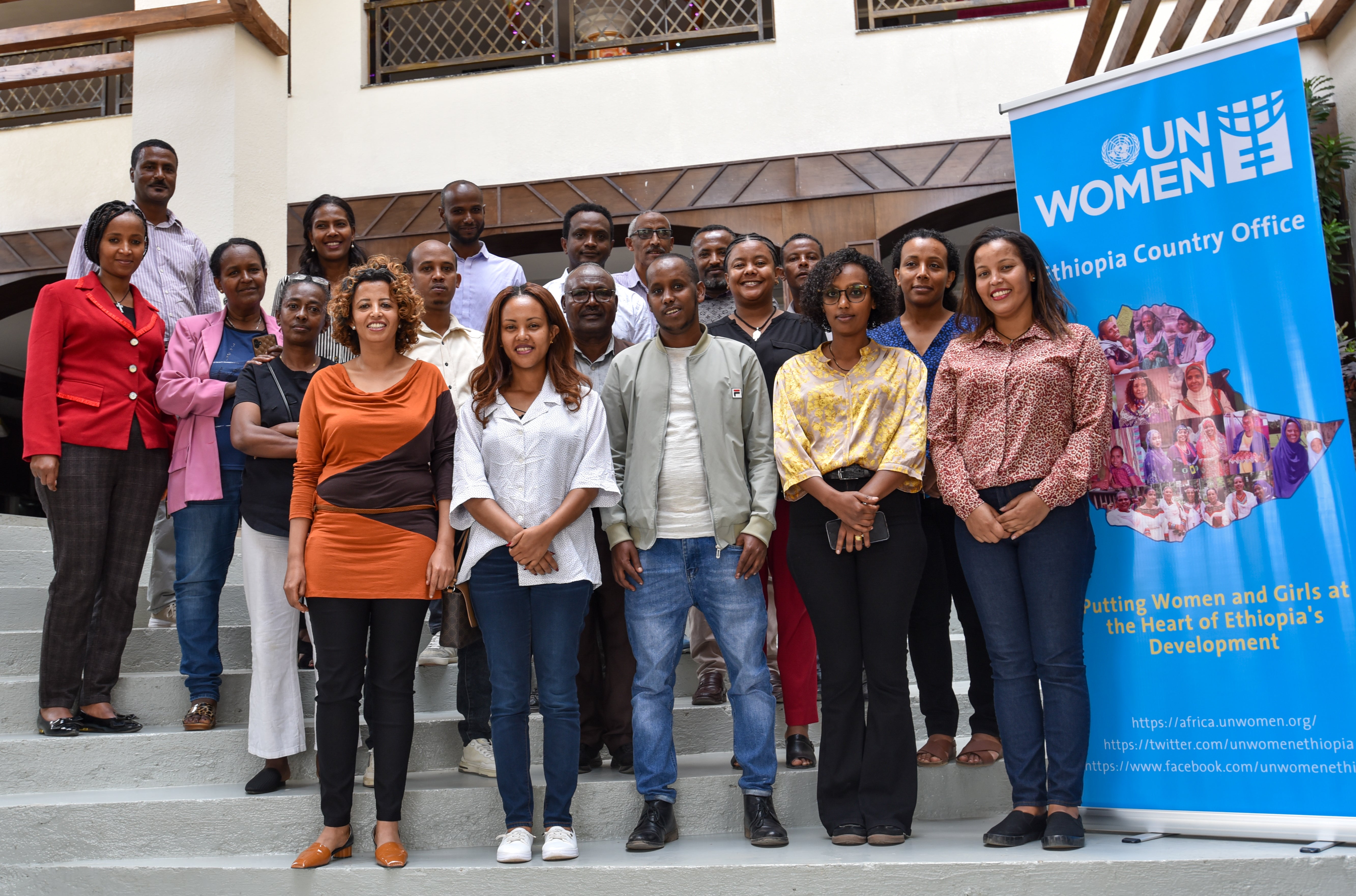
Mr. Tilahun Kassahun, Senior Expert in Monitoring and Support of Returning Citizens at the Ministry of Women and Social Affairs, highlighted the increasing challenges of migration in Ethiopia. A significant portion of migration is irregular , leaving many migrants vulnerable to various forms of violence. “It is very notable that migrants lack awareness about the migration process and its challenges, which compounds the issue. Additionally, there is a big gap during mass deportations regarding how to process the cases of each returnee, as they often carry trauma from their migration experiences, making reintegration even more challenging.”
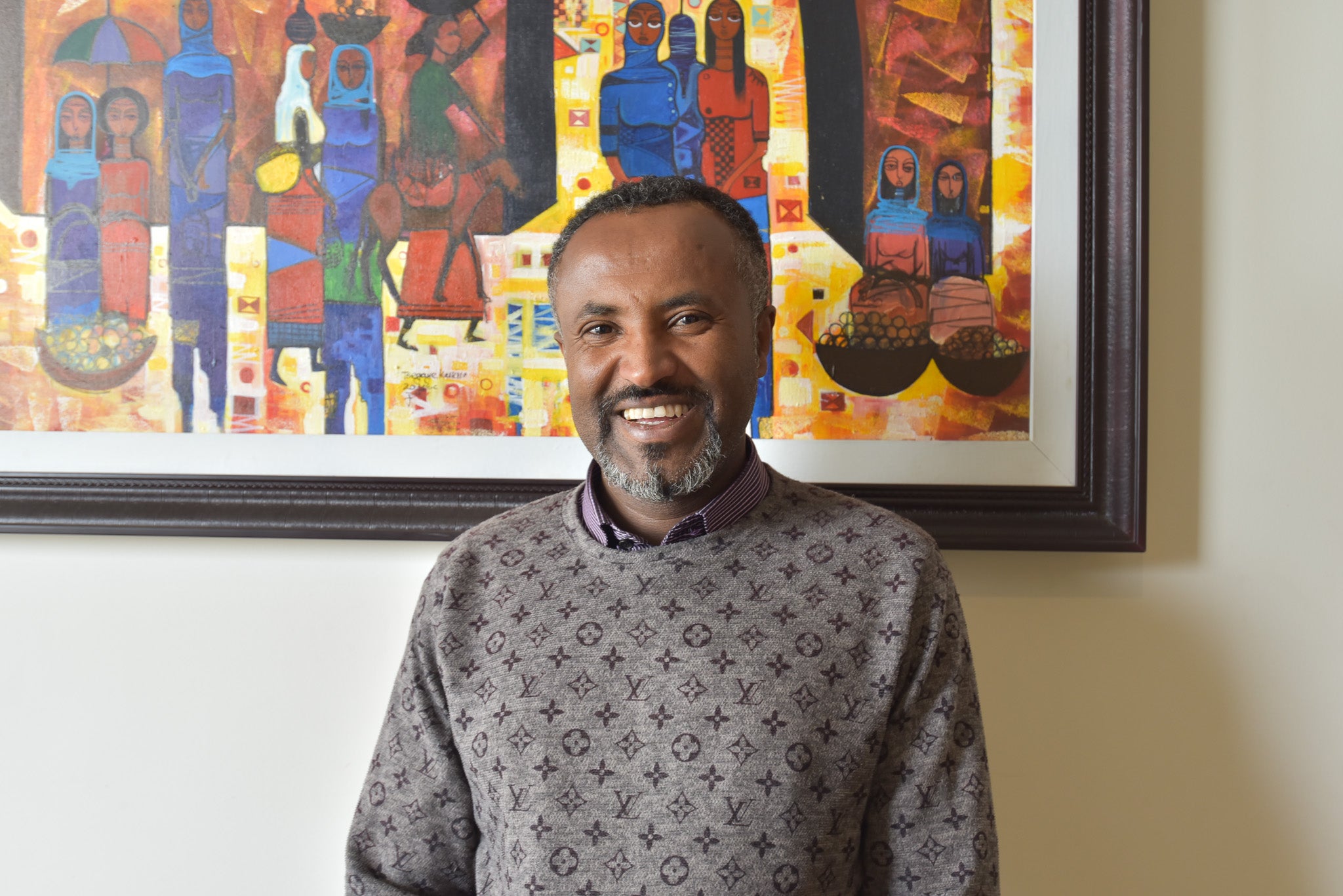
“To address these challenges, an integrated approach is essential. Inclusive and sustainable reintegration services must be prioritized to better support migrant women. While advocating for safe migration, it’s important to recognize that not all migration should be halted; instead, legal migration pathways should be encouraged for the safety and well-being of citizens.” Mr. Tilahun reiterates. Additionally, he stressed the need for collaborative efforts across organizations to ensure safe migration practices based on the training insights.
Ms. Woubrest Ashenafi, Senior Prosecutor and Migration Expert at the Ministry of Justice, National Partnership Coalition Secretariat on migration, appreciated the training saying “the participation of experienced and diverse trainees made the sessions engaging and thought-provoking. The interactive nature of the training left an unforgettable experience for all.”
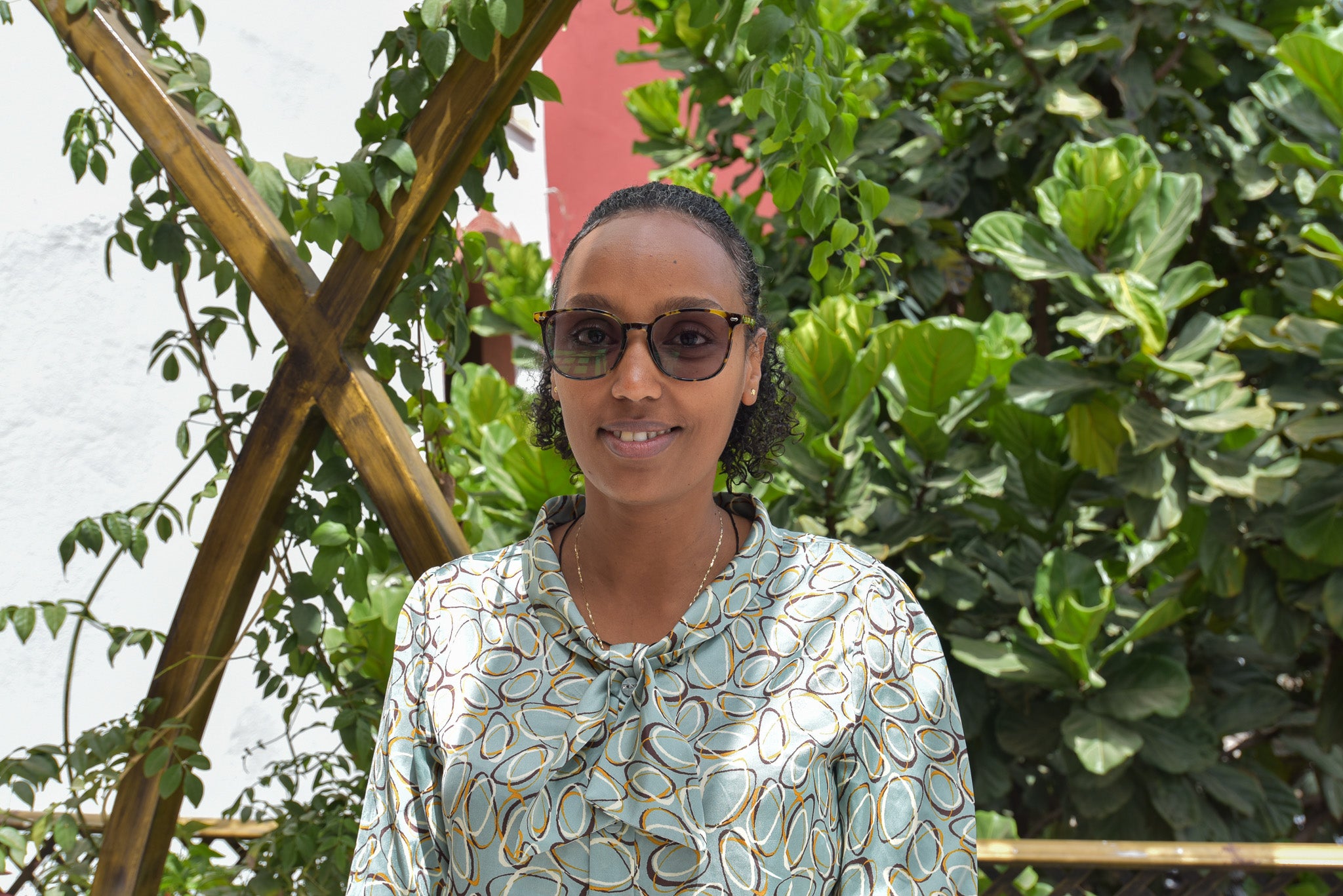
“Through this experience, I gained a deeper understanding of gender principles beyond mere female participation in workshops or trainings. It became evident that our planning as a ministry, should consider the impact on women from the planning stage. As a coalition that collaborates with partners to organize capacity-building trainings, we need to assess whether our activities truly empower women and lead to meaningful change in their lives" concludes Ms. Woubrest.
UN Women Ethiopia, with generous support from the government of Germany, is implementing the three-year project “Making Migration Safe for Women” project to ensure migration is safe for women migrating from, into, through and back to Ethiopia, and that international norms and standards for protecting and promoting migrant women’s rights are strengthened.